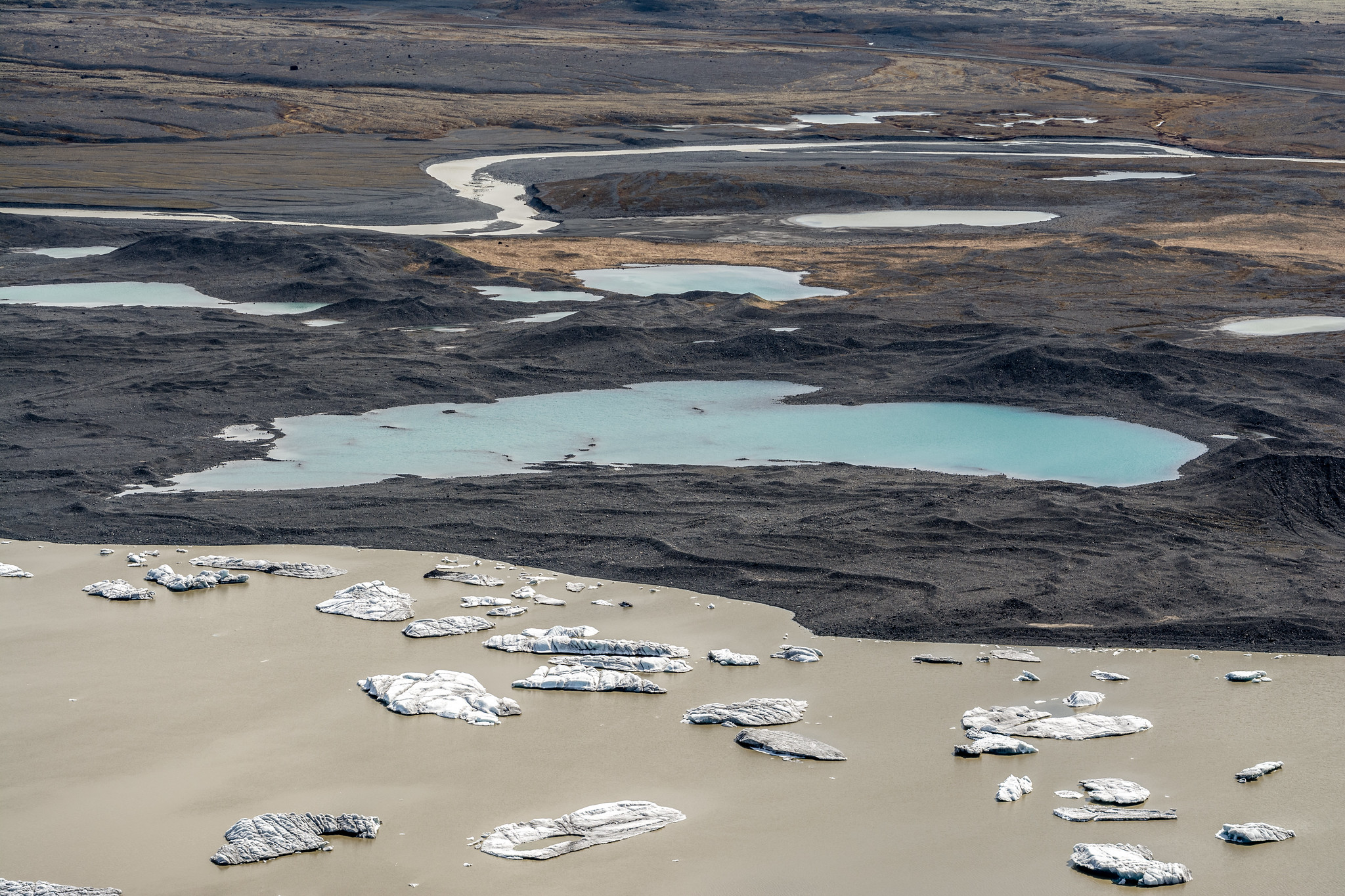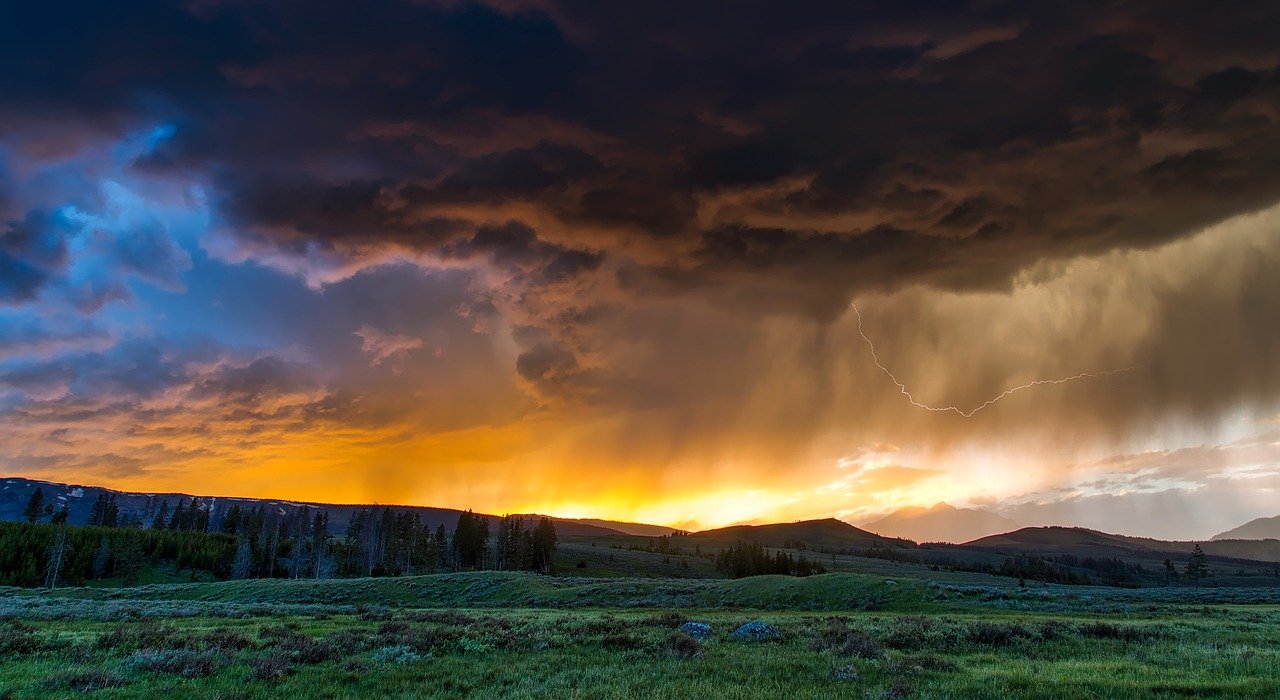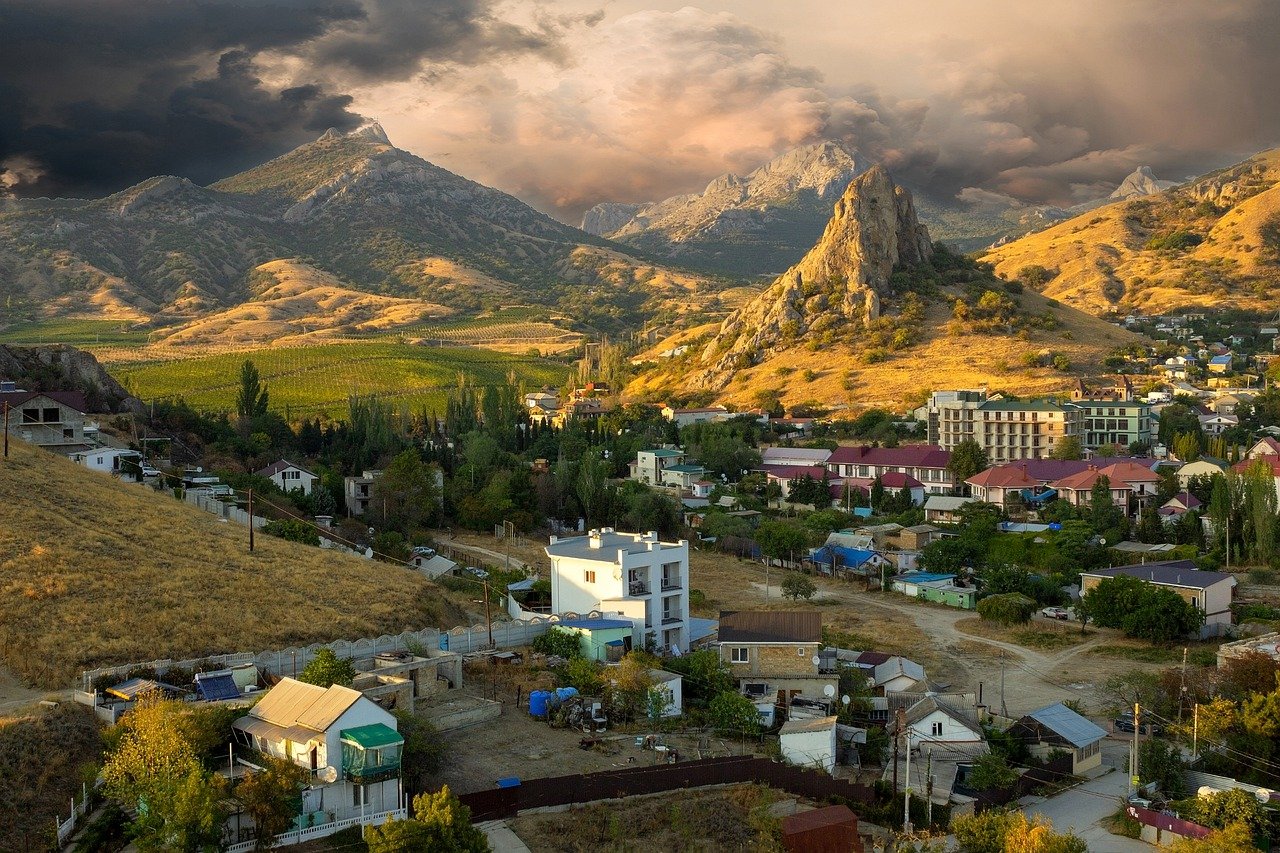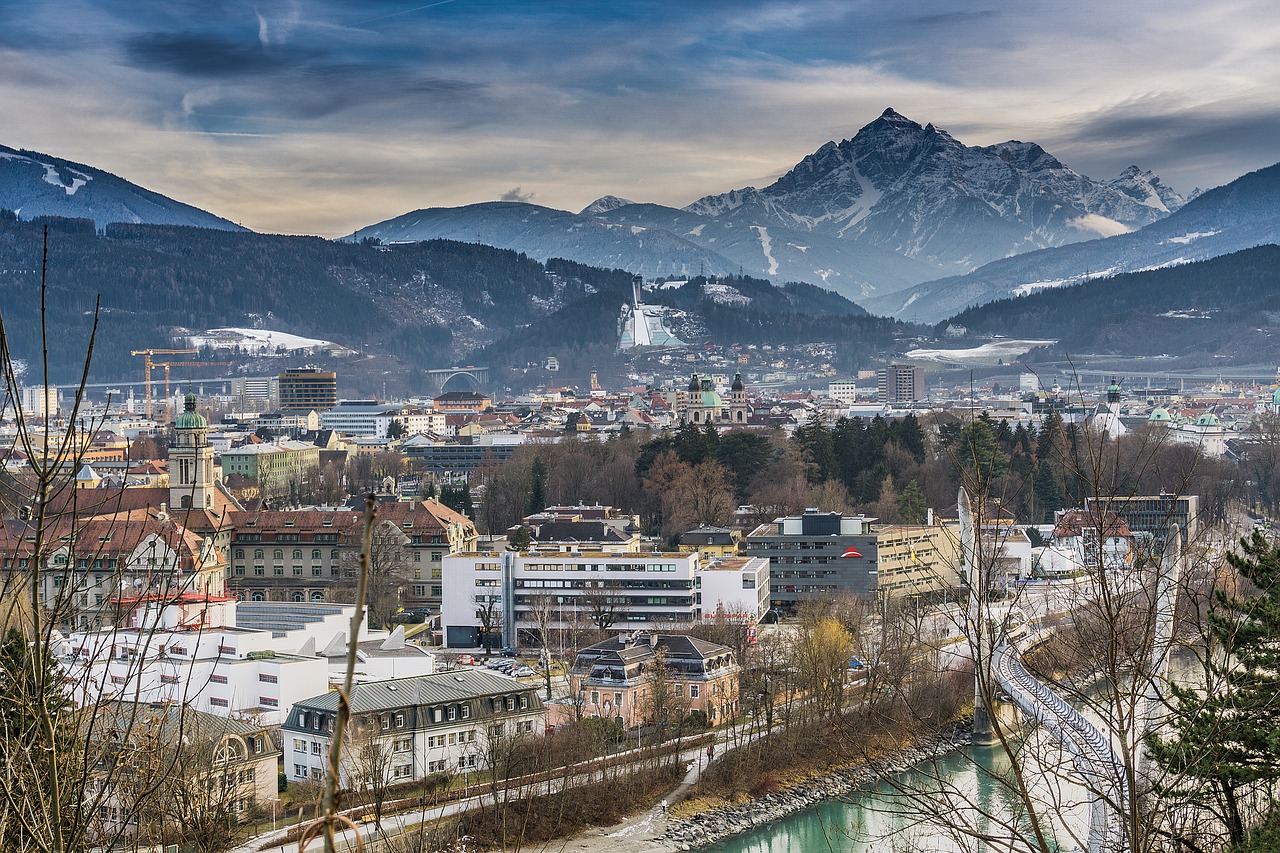Global News
- Details
- Category: Global News
What constitutes quality of life? What does a rural, mountain area like the Entlebuch offer in terms of quality of life today and in the future? How can quality of life be provided sustainably? These and similar questions were addressed in a research project conducted by the Centre for Development and Environment (CDE) at the University of Bern, and are now shown in an interactive exhibition at the UNESCO Biosphere Entlebuch. The exhibition was designed participatively, and offers the opportunity for the visitor to reflect on their own quality of life and to mirror their findings with scientific results. It is, in the view of the authors, an important topic with regional up to global relevance.
How satisfied are the people of Entlebuch and of comparable regions with their lives, and how sustainable is the provision of this quality of life? These basic questions were the impetus for a research project that the CDE launched together with the UNESCO Biosphere Entlebuch and other partners in 2017. The research project investigated these questions with qualitative and quantitative approaches and identified 'sustainable quality of life' as a multi-layered concept that takes into account nine aspects that add up to quality of life: Social relations and equality, nature and landscape, employment and income, participation and belonging, housing, mobility, health and safety, education and knowledge. These aspects are evaluated in terms of their social, economic, and environmental impact. Further, sustainable quality of life puts emphasis on inter- and intra-generational equity.
- Details
- Category: Global News
On 1 October, the Intergovernmental Panel on Climate Change (IPCC) circulated the final draft of the Summary for Policymakers of the Working Group II contribution to the Sixth Assessment Report (AR6) to governments for their review and comment.
This is one of the final stages of report preparation before the plenary approval of this contribution which assesses the impacts of climate change and how humanity and ecosystems are both vulnerable and adapting to it.
- Details
- Category: Global News
In a large-scale study conducted on Mount Kilimanjaro and published in Nature Ecology & Evolution, researchers were able to demonstrate that species richness improves the performance of ecosystems, while the species turnover along the elevational gradient plays a minor role.
Microorganisms, plants, and animals accomplish great feats every day. For example, by decomposing material, producing plant biomass, or pollinating flowers, they keep nature 'up and running," thereby securing the livelihood of humans. Numerous studies have shown that a high biodiversity can have a positive impact on these as well as on other ecosystem functions.
- Details
- Category: Global News
As the world’s glaciers disappear, one group of scientists is seeking to understand their impact on humans before they are gone. By applying the ecosystem services framework to glaciers, the authors of an August 2021 paper published in Ecosystem Services hope to drive home the important role that glaciers play for humans.
Ecosystems services is a framework that examines the many ways that humans benefit from nature. Such services are well defined for many of the planet’s ecosystems, like forests and grasslands, but until now a comprehensive assessment applying the framework to glaciers had not been completed. “The reason we wanted to focus on glaciers is that we recognize that we benefit from glaciers in many ways.” Lead author David Cook, a postdoc in the Environment and Natural Resources Program at University of Iceland said in an interview with GlacierHub. “The ecosystem services perspective is quite useful in that regard.”
- Details
- Category: Global News
If the Sustainable Development Goals (SDGs) are to be achieved by the 2030 target, the risks posed by human-induced climate change must be understood and addressed, says new World Meteorological Organization report.
The World Meteorological Organization has published a new report on Climate Indicators and Sustainable Development: Demonstrating the Interconnections. Its release coincides with the United Nations General Assembly annual session and the opening on 22 September of the SDG Action Zone, which is dedicated to accelerating action on the SDGs.
- Details
- Category: Global News
This external review is addressed to governments and interested and qualified experts, including scientists, decision-makers, practitioners, and other knowledge holders, and is open from 6 September 2021 to 31 October 2021.
IPBES are now calling for experts to participate in the external review of the draft Nature Futures Framework and methodological guidance. The external review is open from 6 September 2021 to 31 October 2021.
- Details
- Category: Global News
The Global Sustainable Development Report aims to support policymakers in accelerating progress on the Sustainable Development Goals. It currently seeks case study contributions from a wide range of experts and stakeholders worldwide – including the mountain research community. Deadline 1 November 2021.
The Global Sustainable Development Report (GSDR) is a United Nations publication aimed to strengthen the science-policy interface at the High-Level Political Forum (HLPF) on Sustainable Development. Mandated in 2015 to provide follow-up and review of the 2030 Agenda for Sustainable Development, the GSDR is an evidence-based instrument to support policymakers in accelerating progress on the SDGs. Drafted by an independent group of scientists (IGS) appointed by the Secretary-General and supported by a task team of six UN-system agencies, the GSDR is published every four years. The previous report was launched in 2019, and the 2023 report is currently in development.
- Details
- Category: Global News
The International Mountain Conference (IMC) 2022 aims to bring together mountain researchers from all over the world in order to engage in in-depth, cross-disciplinary discussions. The IMC 2022 Open Call for Focus Sessions is open 4 October – 19 November 2021.
Following on from the success of the International Mountain Conference 2019, IMC 2022 will take place in Innsbruck, Austria 11-15 September. It aims to provide a unique opportunity for experts in mountain research to come together and discuss a broad range of mountain-related topics. The conference promotes cross-disciplinary exchange, and prioritises synthesis activities in the quest for a holistic understanding of mountain systems.














